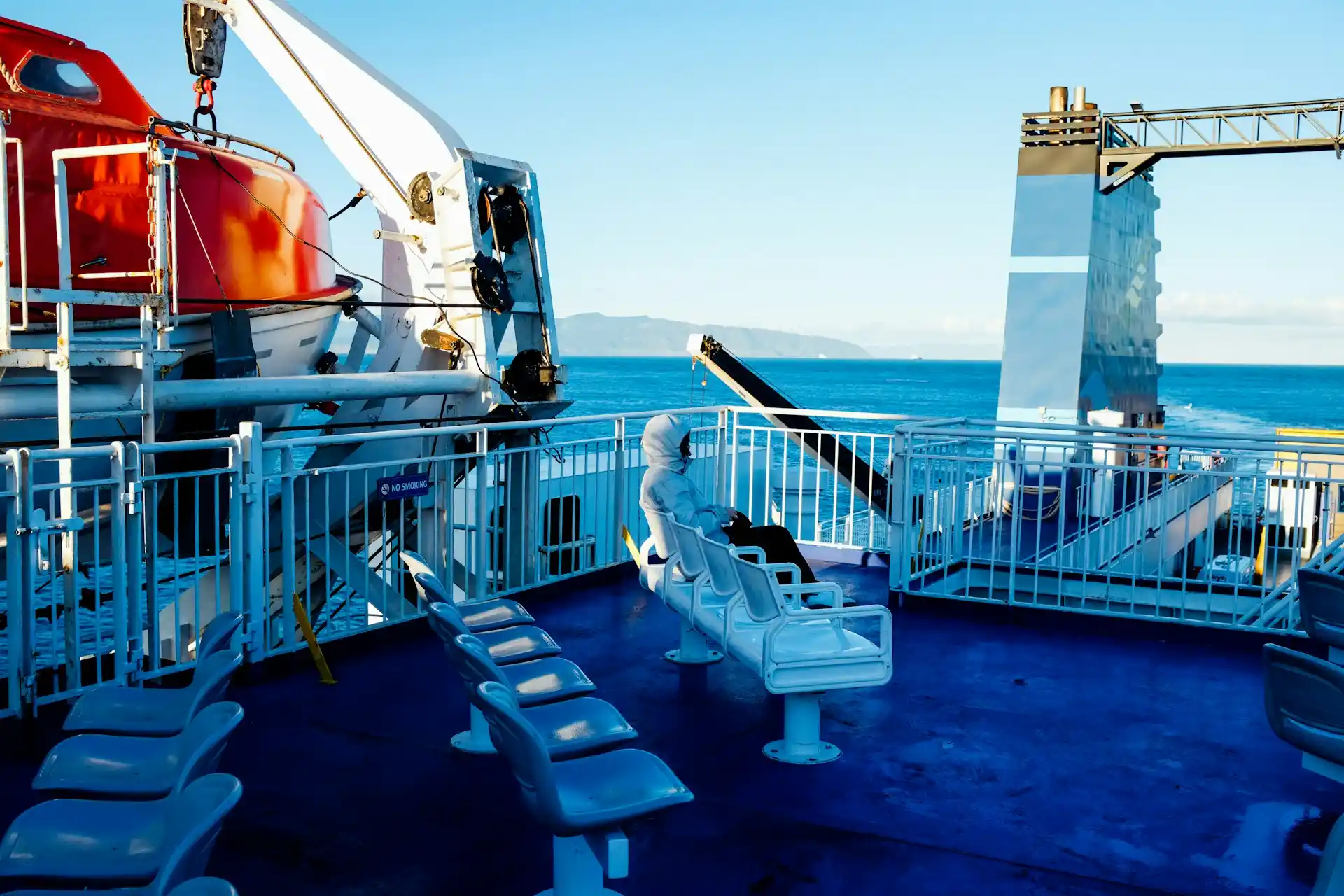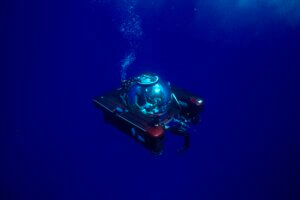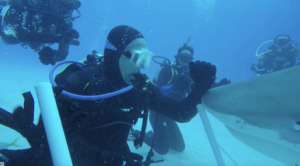Who Owns the Ocean Explorer Research Vessel?
The ocean remains one of the least explored frontiers on our planet. Despite covering more than 70% of Earth’s surface, only a small fraction of the ocean has been thoroughly studied. To advance our understanding of this mysterious environment, specialized ships play a vital role. One of the most significant vessels in this mission is the Ocean Explorer research vessel.
But the question many ask is: Who owns the Ocean Explorer research vessel?
Ownership of such a highly advanced scientific ship isn’t just about legal possession. It’s about stewardship, responsibility, and ensuring that the vessel continues to serve global research needs. In this article, we will dive deep into the ownership, operation, mission, and contributions of the Ocean Explorer research vessel, along with its importance for future marine science.
Understanding the Ocean Explorer Research Vessel
Before exploring ownership, it’s crucial to understand what the Ocean Explorer is and why it’s such a pivotal tool in marine research.
The Ocean Explorer research vessel (R/V Ocean Explorer) is a state-of-the-art ship designed specifically for deep-sea exploration, scientific missions, and mapping ocean ecosystems. Equipped with advanced sonar technology, remotely operated vehicles (ROVs), and sophisticated laboratories, the vessel allows scientists to study uncharted areas of the ocean in real-time.
Key features include:
-
Multibeam sonar mapping systems for seabed exploration.
-
Remotely operated vehicles (ROVs) capable of diving thousands of meters.
-
Onboard labs for marine biology, geology, and chemistry research.
-
Satellite communication for live broadcasts of missions.
The vessel is more than just a ship it’s a mobile scientific hub capable of unlocking the secrets of the deep sea.
Who Owns the Ocean Explorer Research Vessel?
The Ocean Explorer research vessel is owned by the National Oceanic and Atmospheric Administration (NOAA), a federal scientific agency in the United States. NOAA’s Office of Ocean Exploration and Research (OER) manages the ship’s missions, funding, and scientific priorities.
Ownership rests with NOAA, but the vessel’s operations involve collaboration with universities, research institutes, non-profits, and sometimes international scientific bodies.
In simpler terms:
-
Ownership: NOAA (United States Government).
-
Operation: NOAA’s Office of Ocean Exploration and Research.
-
Collaborations: Academic institutions, private sector partners, and international organizations.
Thus, while NOAA legally owns the Ocean Explorer, its mission is global, benefiting humanity as a whole.
Why NOAA Owns the Ocean Explorer
NOAA’s ownership of the Ocean Explorer research vessel aligns with its mission to understand and conserve Earth’s oceans. Some key reasons include:
-
National Scientific Interest
NOAA represents the U.S. government’s scientific and environmental research arm. Owning this vessel ensures that America has a dedicated platform for ocean exploration. -
Global Responsibility
The ocean does not belong to a single nation. By owning and operating such vessels, NOAA contributes to global marine science efforts. -
Innovation in Technology
Federal ownership allows NOAA to fund and integrate cutting-edge technologies, such as autonomous underwater vehicles (AUVs) and deep-sea ROVs, into the ship’s operations. -
Public Outreach and Education
NOAA ensures the Ocean Explorer’s missions are broadcasted to the public, providing education and awareness about ocean conservation.
The Mission of the Ocean Explorer
The Ocean Explorer’s mission is not limited to just scientific research. Its role extends across multiple domains:
-
Mapping the Seafloor: Using sonar technology to chart unexplored ocean regions.
-
Studying Ecosystems: Observing deep-sea ecosystems, hydrothermal vents, and coral reefs.
-
Supporting Climate Science: Collecting data on ocean temperatures, currents, and chemistry to understand climate change.
-
Promoting Marine Conservation: Providing data to policymakers and conservationists to protect marine biodiversity.
-
Public Engagement: Live streaming expeditions for global audiences.
This broad mission highlights why NOAA ownership is critical government stewardship ensures transparency, global benefit, and accessibility of findings.
How the Ocean Explorer Contributes to Science
-
Expands Human Knowledge
The vessel helps discover new species, habitats, and geological formations. -
Supports Medicine and Technology
Deep-sea organisms studied by the ship inspire medical research and biotechnology innovations. -
Informs Policy and Conservation
Data collected helps create marine protected areas and sustainable fishing policies. -
Inspires Future Scientists
With live-streamed missions, young students gain inspiration to pursue careers in oceanography.
The Global Importance of the Ocean Explorer
While NOAA owns the ship, its contributions are shared worldwide. By studying the ocean, the vessel aids:
-
Climate resilience strategies.
-
Biodiversity conservation.
-
Sustainable use of ocean resources.
-
International scientific collaboration.
The Ocean Explorer embodies the principle that knowledge of the ocean is a global commons, meant for the benefit of all nations.
Who Works on the Ocean Explorer?
Ownership by NOAA also means the ship is staffed with highly trained professionals, including:
-
Oceanographers
-
Marine biologists
-
Engineers
-
ROV pilots
-
Technicians
-
Data scientists
These experts work collaboratively to ensure missions are executed efficiently and data is accurately collected.
Challenges in Operating the Ocean Explorer
Even though NOAA owns the ship, challenges persist:
-
High operational costs: Fuel, maintenance, and crew expenses are significant.
-
Technological upgrades: Keeping up with evolving research tech requires heavy investment.
-
International cooperation: Political barriers sometimes hinder joint missions.
-
Environmental hazards: The deep sea presents risks like storms and equipment failure.
Despite these challenges, NOAA continues to prioritize the vessel’s operations, highlighting the importance of its ownership.
Why Ownership Matters
So, why does it matter who owns the Ocean Explorer research vessel?
-
Public Trust
Government ownership ensures findings are publicly accessible rather than privatized. -
Global Cooperation
NOAA ownership enables international collaboration without commercial interests. -
Long-Term Investment
Private ownership might prioritize profit, while federal ownership prioritizes science and sustainability.
Future of the Ocean Explorer
As technology advances, NOAA plans to further upgrade the Ocean Explorer with:
-
Autonomous systems.
-
AI-driven mapping tools.
-
Greener propulsion technologies.
-
Expanded public engagement platforms.
Ownership by NOAA ensures the vessel continues to serve both U.S. and global communities for decades to come.
So, who owns the Ocean Explorer research vessel? The answer is clear: the National Oceanic and Atmospheric Administration (NOAA). But ownership is only part of the story. What truly matters is how this vessel is used to advance global marine science, inform policies, and inspire future generations.
The Ocean Explorer stands as a beacon of human curiosity, technological innovation, and global cooperation—all made possible through NOAA’s stewardship.
FAQs
Who owns the Ocean Explorer research vessel?
The Ocean Explorer is owned by NOAA, a U.S. government agency.
What does the Ocean Explorer research vessel do?
It maps the ocean floor, studies ecosystems, supports climate science, and provides public outreach.
Why is the Ocean Explorer important?
It advances marine science, informs conservation policies, and inspires future oceanographers.
Who operates the Ocean Explorer?
NOAA’s Office of Ocean Exploration and Research manages operations, often in collaboration with other institutions.
How does the Ocean Explorer share its findings?
Through live streams, reports, and educational programs accessible to the public.




